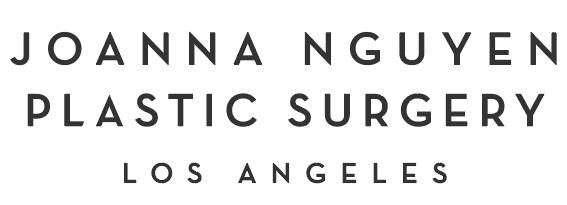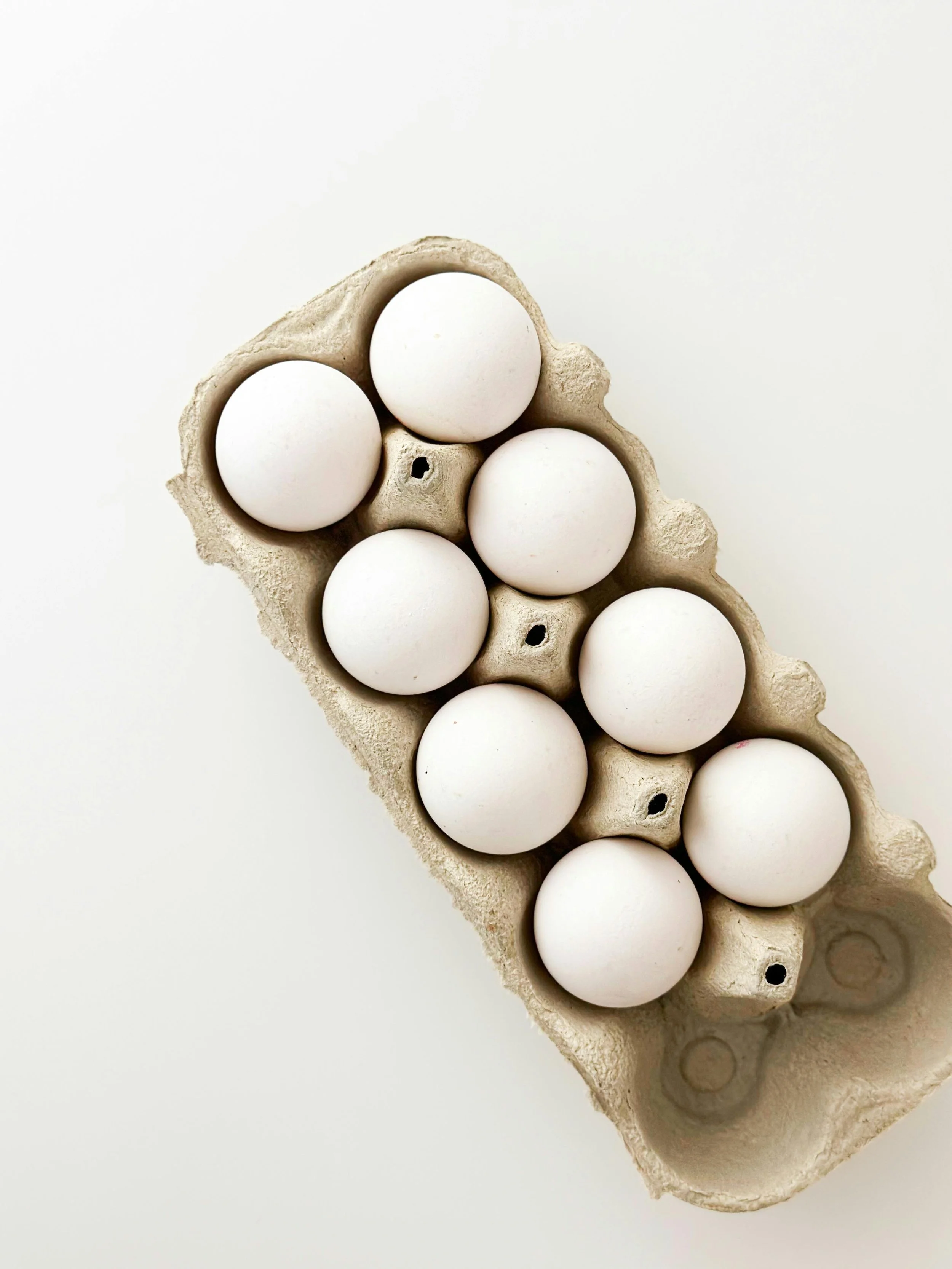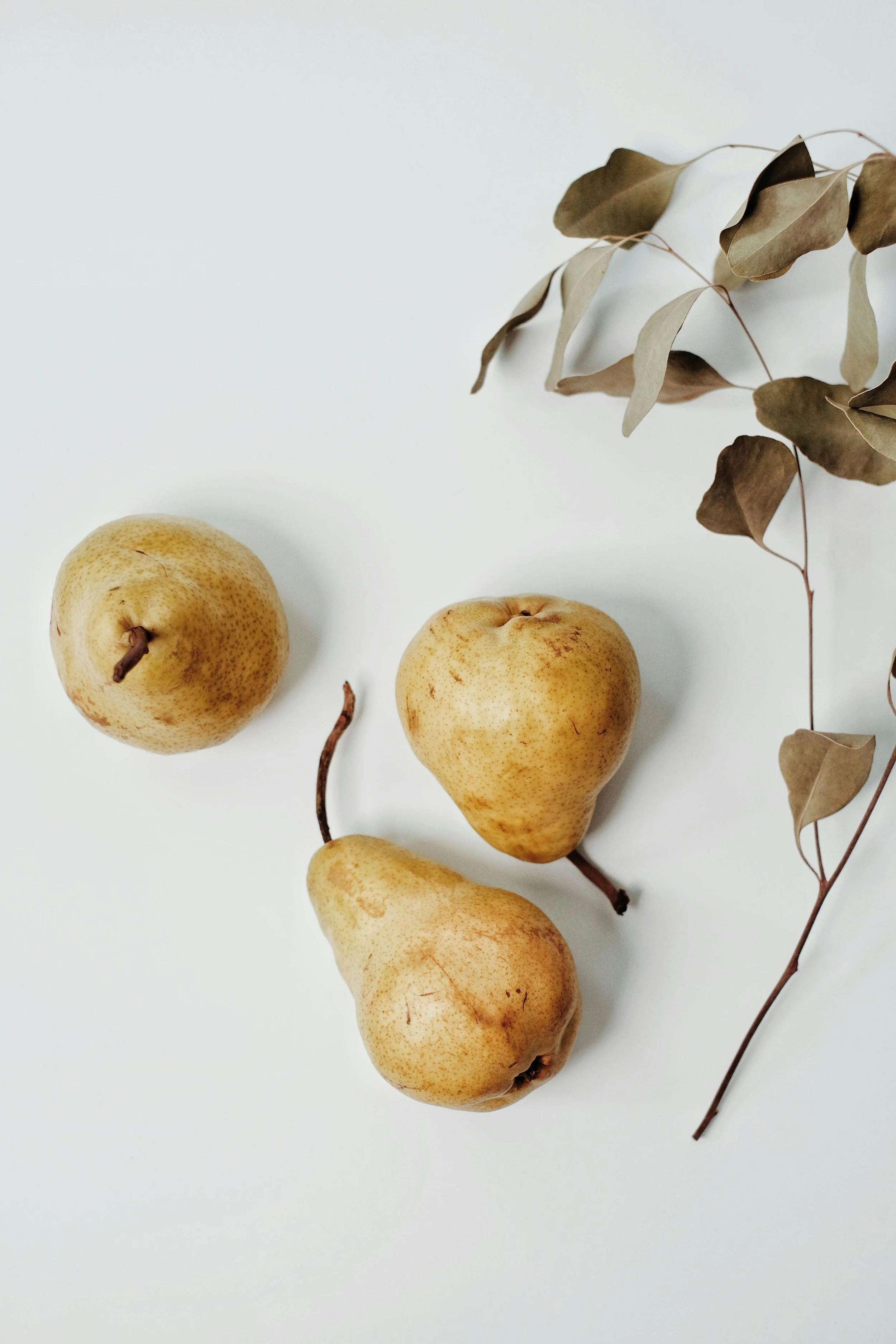Healing Through Nutrition
Dr. JoAnna Nguyen emphasizes that proper nutrition is a key factor in post-surgical recovery. What you eat directly affects how well and how quickly your body heals. A well-balanced diet should focus on supporting tissue repair, reducing inflammation, and preventing complications—not on cutting calories or following restrictive weight-loss plans. Here’s what you need to know about the best diet for post-surgery recovery and how to fuel your body for optimal healing.
Prioritize Protein:
1g per Pound of Ideal Body Weight
Protein is the building block of tissue repair, making it essential for wound healing and muscle recovery. Aim for at least 1 gram of protein per pound of your ideal body weight. This can come from whole food sources like:
Lean meats (chicken, turkey, fish, lean beef)
Eggs and egg whites
Dairy (Greek yogurt, cottage cheese)
Legumes (lentils, chickpeas, black beans)
Tofu, tempeh, and plant-based proteins
A protein shake is a simple and delicious way to support healing after surgery, especially if your appetite is low. Homemade shakes allow you to use high-quality protein sources such as dairy-based or plant-based proteins, combined with nutrient-dense ingredients like nut butters, seeds, or oats. Adding fiber from fruits, leafy greens, or flaxseeds can aid digestion and prevent post-surgery constipation.
If choosing a store-bought option, look for at least 20 grams of protein per serving, less than five grams of added sugar, and no artificial sweeteners. Artificial sweeters and other unnecessary fillers can contribute to inflammation and slow recovery.
High-Fiber Foods to Keep Digestion Moving
Surgery, pain medications, and reduced mobility can slow digestion and lead to constipation. A high-fiber diet helps prevent this issue while also supporting gut health. Include:
Vegetables: Spinach, broccoli, carrots, zucchini
Fruits: Apples, berries, pears (with skin for extra fiber)
Whole grains: Brown rice, quinoa, whole wheat bread
Nuts and seeds: Chia seeds, flaxseeds, almonds
Make sure to drink plenty of water to help fiber work effectively.
Minimize Processed Foods and Refined Sugars
Refined sugars and processed foods can cause inflammation and slow down the healing process. Stick to whole, nutrient-dense foods instead of pre-packaged snacks or fast food — Foods to avoid:
Sugary cereals, candy, pastries
White bread and pasta
Fried foods and processed meats
Don’t Restrict Calories — Healing Requires Energy!
Post-surgery is not the time for cutting calories. Your body needs fuel to regain strength and fight infection. If you don't eat enough, your incisions could heal slower, and you may experience fatigue and muscle loss. Eat plenty of protein, fiber, and healthy fats to keep your body nourished.
Healing Starts with Nutrition
Dr. Nguyen reminds patients that what you eat before and after surgery can directly impact your healing process. Prioritizing a balanced diet while avoiding processed foods and excess sugar can help speed up recovery and reduce complications. Most importantly, listen to your body and give it the nutrition it needs to heal!



